Tired of aimlessly scrolling through endless GitHub alternatives, trying to find the perfect fit for your development workflow? Look no further! In today’s high-speed world of software engineering, collaboration, version control, and efficient project management are more essential than ever.
As GitHub has long been the go-to platform for code hosting and collaboration, the ever-changing software development landscape demands a new inspection of available solutions.
This article will delve into the top 10 GitHub alternatives in 2023 – comparing features, pricing, and integrations – helping you turbocharge your development process while discovering an ideal platform for your team. So fasten your seatbelts and join us on this voyage to enhance your code management experience!
We’ll go through the following topics:
- What Are the Top GitHub Features?
- Factors to Choose the Best GitHub Alternative
- Top 10 GitHub Alternatives in 2023
- Use Time Tracking to Elevate Your Development Experience
- Wrap-up: Pick the Right GitHub Alternative Wisely to Supercharge Product Development

What Are the Top GitHub Features?
Before proceeding with the best GitHub alternatives in 2023, let’s briefly discuss the features that make GitHub so popular. GitHub is a web-based code hosting platform offering integrated version control and project management tools for software development teams. It supports a distributed version control system (DVCS) known as Git to store all your source code and track changes over time.
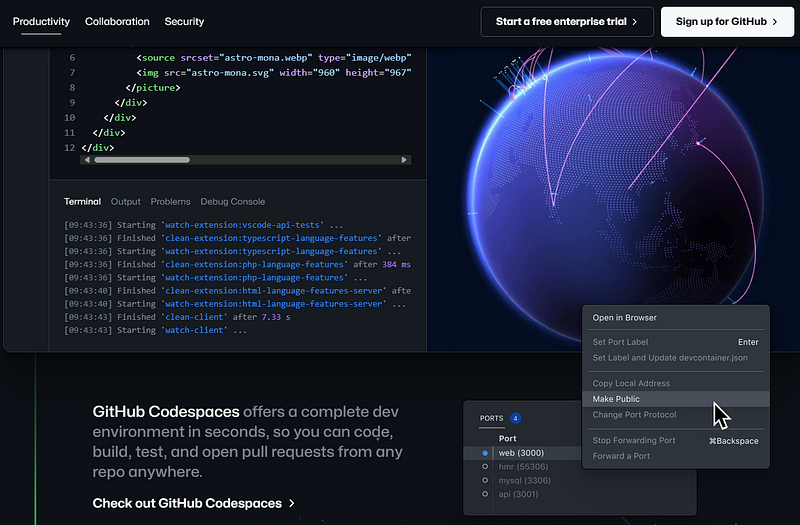
The repository hosting service offers several useful features:
- Collaboration: GitHub offers collaboration tools for software development teams to review and merge code.
- Code hosting: You can store all your project source codes, assets, and related files in a single repository.
- Integrations: GitHub integrates with various third-party services such as Slack, Jira, Trello, etc., allowing you to connect your projects with external apps easily.
- Time tracking: With the help of time tracking features such as Issue Time Tracking or Pull Request Time Tracking, teams can measure their work progress accurately.
- Security: The platform offers extensive protection and privacy settings to protect your projects.
Factors to Choose the Best GitHub Alternative
When selecting the suitable GitHub alternative for your team, you should consider several factors:
- Pricing: Depending on the size of your project and team requirements, different plans will come with separate price tags. Therefore, think about the budget before making a decision.
- Collaboration tools: You should ensure the platform has adequate features like code review and pull requests which help in faster development cycles.
- Version control system: To ensure maximum efficiency during development processes – choose a platform that supports both Git or SVN version control systems.
- Integrations: The platform should have a wide selection of third-party integrations to help you quickly connect with external apps and services.
- Security: Last but not least, the platform should offer robust security features like encryption, authentication, and auditing tools to protect your source code.
With these factors in mind, let’s look at the top 10 GitHub alternatives for 2023!
Top 10 GitHub Alternatives in 2023
We’ve handpicked the top 10 GitHub alternatives in 2023 based on their features, usability, and pricing plans.
1. GitLab
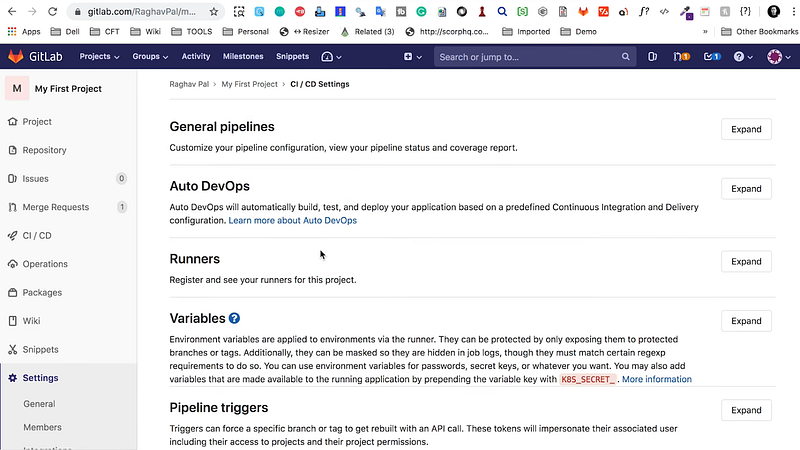
GitLab is a powerful, open-source code management platform that supports the entire software development lifecycle. It offers features such as issue tracking, wiki pages, and merge requests for project collaboration and communication. Additionally, GitLab supports continuous integration (CI) & deployment capabilities via its built-in CI/CD services.
Features
- Powerful project and portfolio planning tools with continuous sync
- Support for various project management methodologies, including Waterfall to DevSecOps approaches
- Full range of product development, writing, collaboration, and maintenance support
- Team planning with various editing and collaboration features like checklist management, threaded discussion, and file sharing via attachment
- Task priority handling
- Charts and graphs for creating and sharing insights
Pricing
- Free: Free basic features suitable for individuals and independent developers
- Premium: $285.36 per user per year, no monthly billing option
- Ultimate: $1188 per user per year
2. Bitbucket
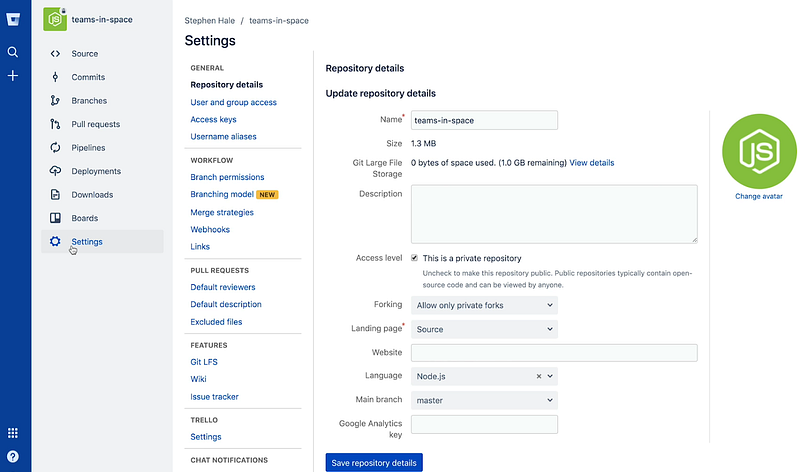
Bitbucket, developed by Atlassian, is a popular Git repository management solution designed to facilitate collaboration between development teams. It offers excellent integration with other Atlassian tools, such as Jira and Confluence, making it a perfect choice for teams already invested in the Atlassian ecosystem.
Features
- Integration with other Atlassian tools and services, such as Jira and Confluence
- CI/CD capabilities via Pipelines
- Native iOS and Android mobile apps for remote management of repositories
- Advanced security features include two-factor authentication, password protection, IP safelisting & more.
- Project tracking & reporting capabilities through dashboards
Pricing
- Free: $0 for basic features
- Standard: $15 per month
- Premium: $30 per month
All packages allow up to five users without any additional payment.
3. SourceForge
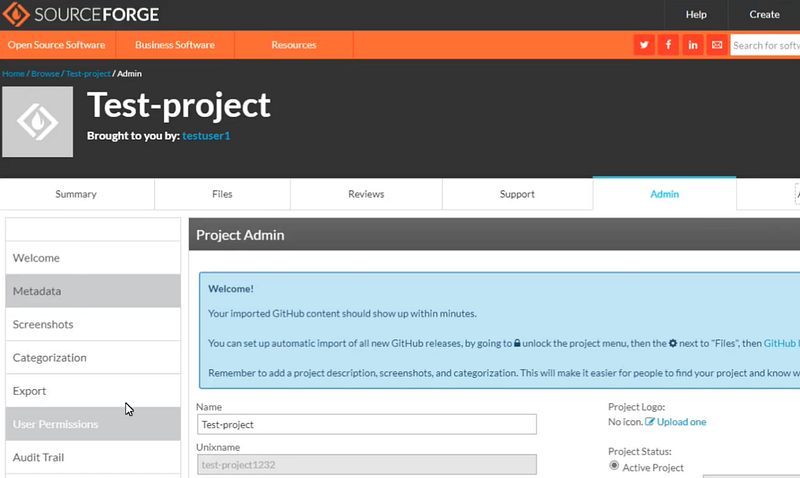
SourceForge is a long-standing platform for open-source projects that offers a robust suite of tools for software development. With support for Git, SVN, and Mercurial repositories, SourceForge provides versatile version control options and a large, active community.
Features
- Comprehensive bug tracking and advanced project management tools
- Integration with popular developer IDEs, such as Eclipse and IntelliJ
- Support for distributed version control systems (DVCS) like Git, SVN & Mercurial
- Project wiki pages for documentation & collaboration
Pricing
Free and freemium versions with custom pricing for enterprise versions.
4. Azure DevOps (formerly Visual Studio Team Services)
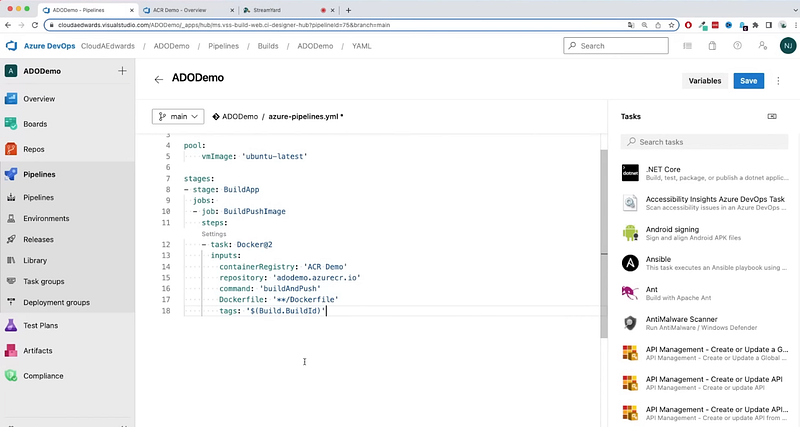
Azure DevOps, developed by Microsoft, is a comprehensive suite of tools for software development that offers Git repositories, continuous integration and deployment, agile planning, and more.
Features
- Fully integrated suite of tools for software development lifecycle management
- Integration with popular development IDEs, including Visual Studio and JetBrains
- Collaboration features for teams, including chat rooms, file sharing & more
- Powerful project tracking & reporting capabilities through dashboards
Pricing
- Basic plan: Free for up to five users. $6 per user/month for additional users.
- Basic + test plans: $52 per user/month.
5. Gitea
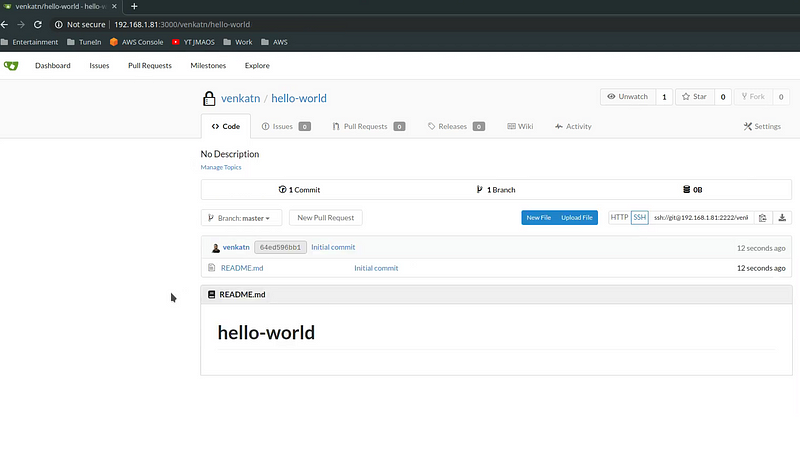
Gitea is a lightweight, self-hosted Git service that provides a simple, customizable, and low-resource alternative to GitHub.
Features
- Lightweight and easy to install
- Support for multiple authentication methods, such as LDAP and OAuth2
- Built-in issue tracking via Issues & Pull Requests
- Code review tools for teams
Pricing
Community-driven open-source project available for free in a self-hosted environment.
6. CircleCI
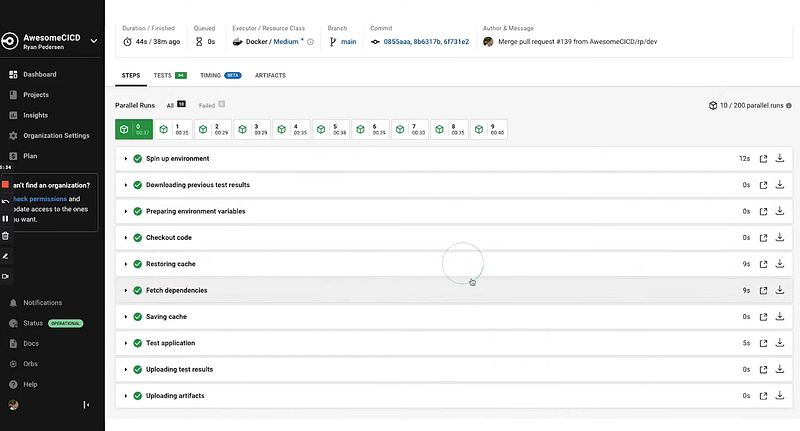
CircleCI is a cloud-native continuous integration and delivery (CI/CD) platform that helps development teams streamline their development process. It allows teams to quickly set up and automate tests, deploy code, manage deployments in production environments, and more.
Features
- Robust CI/CD tools with built-in support for popular languages & frameworks
- Integration with external services such as Amazon S3, Slack & GitHub
- Parallel testing capabilities for faster builds & deployment cycles
- Both cloud and server-based deployment
- Integrations with various platform, including Docker, Asana, and Nextdoor
Pricing
- Free: Up to 6,000 build minutes every month
- Performance: Starts from $15 per month
- Scale: Starts from $2,000 per month
7. SpiraPlan (former TaraValut)
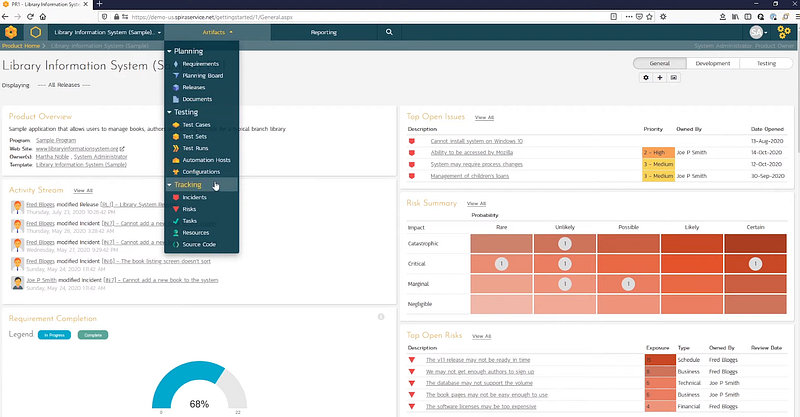
SpiraPlan is a modern version control system (VCS) focusing mainly on scalability, speed, and security. It uses a decentralized data storage and replication architecture to ensure that all codebase versions are securely stored.
Features
- Highly scalable distributed architecture using blockchain technology for secure versioning
- Built-in peer reviews for faster feedback cycles without compromising quality or velocity
- Secure permissions system with role-based access to keep code safe
- Integrations for popular task automation tools like Jenkins or TravisCI
- Graphs and analytics for tracking progress in real-time
- Code repository statistics tracking enables developers to measure their performance and productivity
Pricing
The SpiraPlan package costs $201.99 for three users per month.
8. Google Cloud Repositories
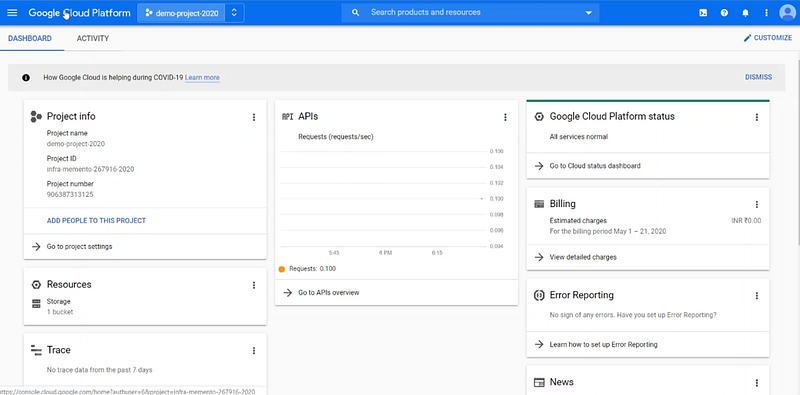
Google Cloud Repositories is a cloud-based version control platform designed to help developers manage and collaborate on their codebase.
Features
- Secure storage of source files using encryption technology
- Integration with other Google Cloud services like G Suite or Stackdriver Monitoring
- Code review and pull request features for quick feedback cycles
- Issue tracking for keeping track of bugs
- Online repositories with tagging/branching options
- Detailed analytics to measure performance and productivity in the codebase
Pricing
Customized pricing depending on features.
9. CloudBees
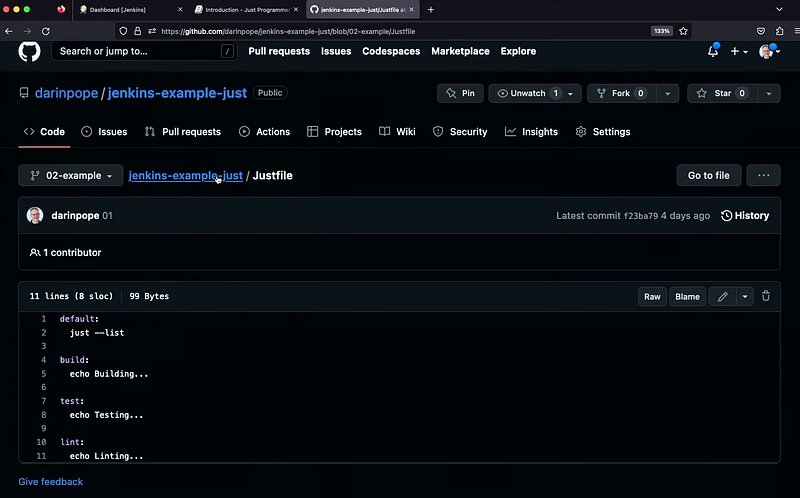
CloudBees offers a comprehensive suite of DevOps solutions for organizations to streamline their software development lifecycles.
Features
- Integrated dashboard for monitoring the overall health of projects at any given time in real-time
- Advanced security and compliance management with automatic audit logs and reports
- Unified CI/CD pipelines to quickly deploy applications without manual intervention
- Automated testing and release management features for faster feedback cycles
- Integrations with popular tools like GitHub, Bitbucket, Jira Software, etc., to enable seamless collaboration between teams
- Detailed analytics for measuring performance and productivity in the codebase
Pricing
- CodeShip Basic: $49/month
- CodeShip Essential: $99/month
- CodeShip Power: $399/month
10. Apache Allura
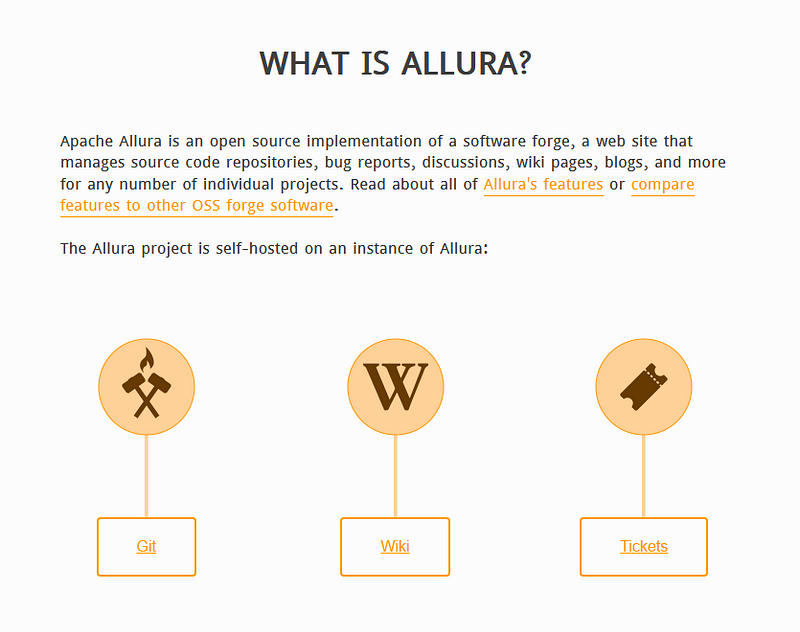
Apache Allura is an open-source, self-hosted version control system that supports distributed development.
Features
- Distributed development model using a decentralized data storage architecture
- Issue tracking for bug fixes and feature improvements
- Code reviews to ensure quality in the codebase before pushing it to production
- Project management tools, including milestone
Pricing
Free and open-source project for self-hosted deployment. Community support is available.
Use Time Tracking to Elevate Your Development Experience
Integrating time tracking with your coding platform can help you manage your development projects more effectively. Time-tracking solutions such as Day.io help you measure the time spent on a code review or pull request, enabling developers to identify areas to improve their efficiency and performance.
More benefits include:
- Getting insights into project progress
- Identifying bottlenecks and helping teams become more productive
- Schedule planning for smooth operations
- Cost and billing analysis for better profitability

Wrap-up: Pick the Right GitHub Alternative Wisely to Supercharge Product Development
Choosing the right GitHub alternative for your team can dramatically impact your product development process. Ensure you factor in essential elements like pricing, integrations, and project management capabilities when selecting the best platform for your squad.
If you’re seeking an advanced project and time-tracking system to combine with your code hosting platform, try Day.io! This powerhouse offers seamless integration with various ERP systems and a centralized dashboard to manage projects, track time, and measure productivity. Get the most out of your team’s output and get valuable insights into product development by signing up for Day.io now!
